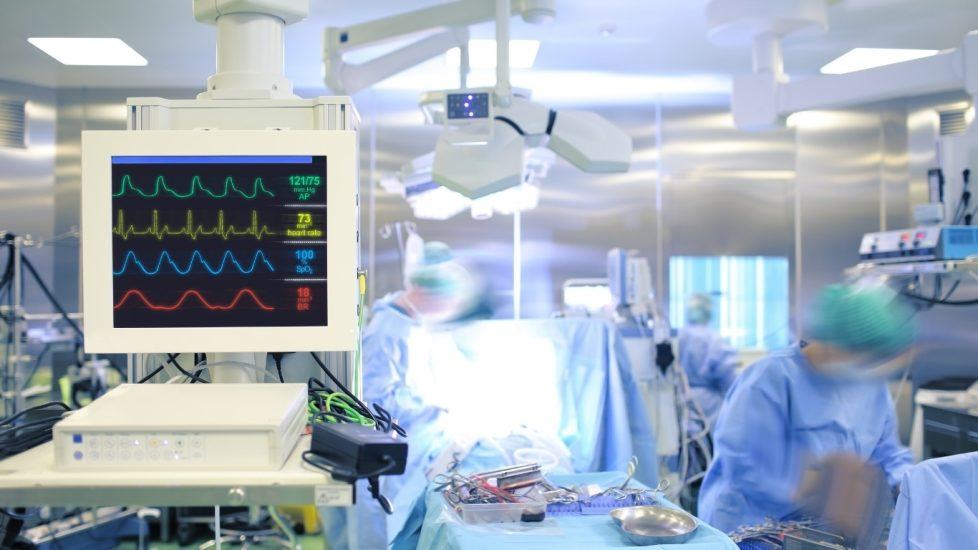Your cart is currently empty!
In April 2023, the U.S. Food and Drug Administration (FDA) issued the draft guidance: Marketing Submission Recommendations for a Predetermined Change Control Plan for Artificial Intelligence/Machine Learning (AI/ML)-Enabled Device Software Functions | FDA or PCCP, as a way to ensure that AI/ML-enabled medical devices can be safely, effectively and rapidly modified, updated and improved in response to new data.
On October 24, 2023, the FDA, Health Canada and the United Kingdom’s Medicines and Healthcare Products Regulatory Agency (MHRA) jointly publishing the “Predetermined Change Control Plans for Machine Learning-Enabled Medical Devices: Guiding Principles.” This new publication is intended to lay the foundation for PCCPs for Machine Learning-Enabled Medical Devices and encourage international harmonization.
These guiding principles are favorably welcomed since there is still a need for recognized standards for Good Machine Learning Practices (GMLP). This useful document outlines good sense principles for the design of a PCCP and illustrates the FDAs current thinking.
The five guiding principles:
- Focused and Bounded: A PCCP describes specific changes that a manufacturer intends to implement. Such changes are limited to modifications within the intended use or intended purpose of the original Machine Learning Medical Device (MLMD).
- Risk-Based: The value and reliability of a PCCP is strengthened when the intent, design and implementation of a PCCP are driven by a risk-based approach that adheres to the principles of risk management.
- Evidence-Based: Evidence generated throughout the Total Product Lifecycle (TPLC) of the device is important.
- Transparent: For the PCCPs, the best practice is to provide clear and appropriate information and detailed plans for ongoing transparency to users and other stakeholders. This helps ensure that stakeholders stay aware of the device’s performance and use before and after changes are implemented.
- Total Product Lifecycle (TPLC) Perspective: Creating and using a PCCP from a TPLC perspective can elevate the quality and integrity of the PCCP by continually considering the perspectives of all stakeholders as well as risk management practices throughout the TPLC.
How Can NAMSA Help?
NAMSA has experience working with medical device developers who make a wide variety of patient monitoring, disease management, Picture Archiving and Communication System (PACS) imaging and other software-containing medical devices whose value and effectiveness can be enhanced through Mobile Health (mHealth) technology.
We provide regulatory and quality consulting services to organizations who design, produce, develop, supply or deploy and use any of the following:
- Software as a Medical Device (SaMD)
- Mobile Medical Apps
- Medical devices of all types with a particular focus on “active” devices and in vitro diagnostic (IVD) medical devices with or without software components or accessories
- Clinical Decision Support and health analytical software
- Software as a Service (SaaS) within healthcare sector
- Artificial Intelligence (AI), deep learning, machine learning, big data algorithms
NAMSA’s Global Strategy Team is made up of highly-skilled, cross-functional scientific and strategic consultants with technical expertise across the medical device development continuum. This group of industry experts collaborates with clients to develop effective market introduction and commercialization strategies for innovative medical device and drug-device technologies, which includes effective interactions with global regulatory agencies that lead to successful development outcomes.
If you are interested in speaking with us about regulatory strategies, please Contact Us, or learn more about our Regulatory Experts at namsa.com/subject-matter-experts.

